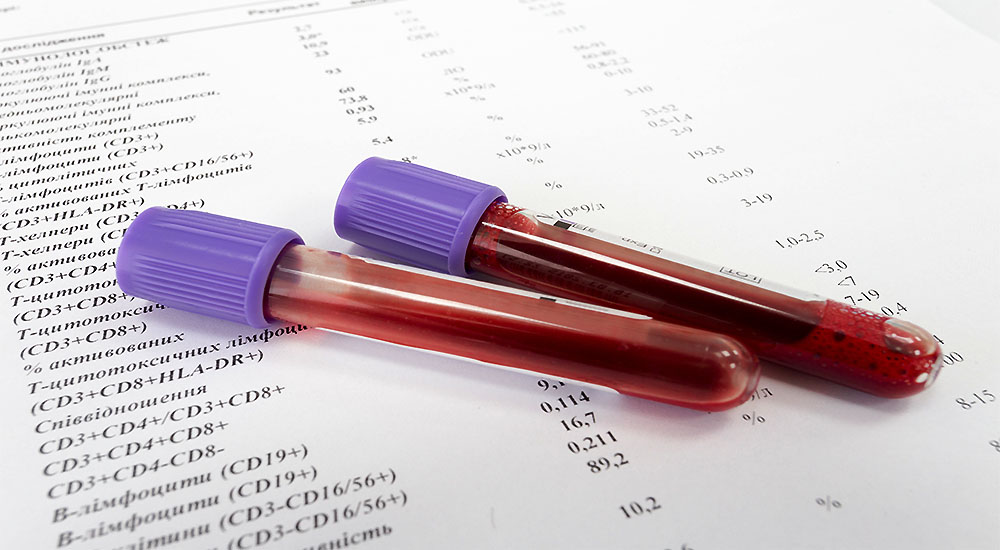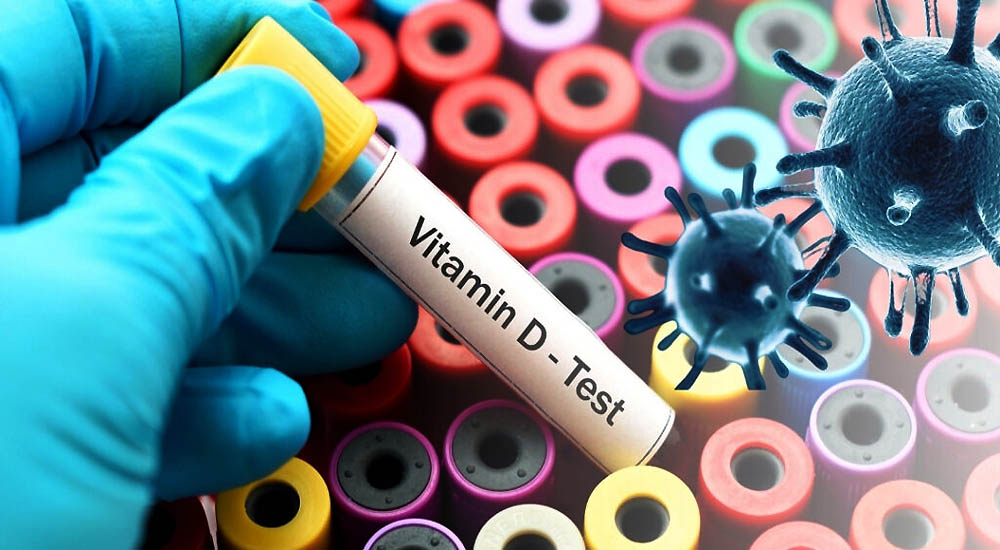Gluten Intolerance – Is a “self diagnosis” Okay?

A Reader Asks About Gluten Intolerance:
“I eliminated gluten from my diet a few months ago to try to cure indigestion that would not go away. The result was life-changing. I have no doubt that I am sensitive to gluten (allergy, intolerant, sensitive… whatever) to some extent. I recently tested my “sensitivity” by eating a wheat product and was mildly ill for about 4 days afterward.
However, several months ago I was tested for a wheat allergy via intestinal biopsy and the result was negative. I am trying to decide if it is important for me to get a “medical diagnosis”, or if it is enough to eliminate gluten from my diet and accept a “self-diagnosis”.”
Gluten Intolerance Differs from a Wheat Allergy
This is an excellent question and certainly one I hear often. As you can see in her comments she uses the word “allergy” and “wheat”. Gluten intolerance is not an allergy in the correct definition of the word because the way the immune system responds to gluten is different than what occurs in an allergic response.
While, as clinicians, we all agree that it does not fit the definition of allergy, words such as intolerance and sensitivity are used rather interchangeably. So I do understand the confusion in deciding what to call it.
Currently, I have settled on gluten intolerance to be the umbrella that embraces both celiac disease and gluten sensitivity, with celiac affecting 1% (up to 4% as we get older) of the population and gluten sensitivity affecting anywhere from 10% to 40%. There are wide variations currently that hopefully, upcoming research will help to clarify.
Gluten encompasses more than just wheat but I often hear patients use the words interchangeably. Gluten is found in the grains wheat, rye, and barley and all the “cousins” of wheat such as spelt, kamut, couscous, and bulgur, etc. Feel free to learn more about foods containing gluten here.
Does a Negative Celiac Test Make it OK to Consume Gluten?
When “intestinal biopsy” is mentioned, I assume that this woman was being tested for celiac disease, and based on her comment, the result was negative.
The intestinal biopsy is not a very sensitive marker. By the time a biopsy is definitively positive, a tremendous amount of damage has occurred to the small intestine. The blood tests for celiac, tTG, EMA, and deamidated gliadin are similarly not very sensitive. Although deamidated gliadin, a newer test, is definitely a step up from tTG and EMA in the sensitivity area. It’s not being widely used yet, however.
A research study from The New England Journal of Medicine in 2003 stated that: “one study evaluating endomysial antibodies [EMA] showed that the sensitivity of this marker was 100% in patients with total villous atrophy [complete small intestine destruction], but the value plummeted to 31% in patients with celiac disease who had partial villous atrophy [only part of their small intestine was destroyed].”
Our Celiac Lab Tests Are Not Able to Make an Early Diagnosis
This research proves that the EMA test is not very sensitive. Do you want a lab test to be able to differentiate that you have a problem early on, or only once your organ is mostly destroyed?
Obviously one wants a test to tell them there’s a problem in the early stages, not the final ones.
Digestive Disturbances and Science in 2004 reported: “all blood tests were negative in 15% of the patients.” This was in patients with known celiac disease where their small intestines were mostly destroyed.
Continuing: “celiac disease patients with lesser degrees of villous atrophy [less destruction] are less likely to have positive celiac serologies [blood tests]…, knowledge of the limitations of serologic[blood] testing is important.” [In other words: Blood testing is not perfect.]
Digestive and Liver Disease in 2007 noted: “recent literature data showed that serology (not only EMA, but also anti-tTG) seems to be ineffective in detecting most patients affected by subclinical/silent disease.” [Here they’re referring to gluten sensitivity or celiac disease where the patient has no symptoms that they are aware of.]
The “Gold Standard” is No Longer Golden
Practical Neurology in 2004, the paper entitled: “The Neurology of Gluten Sensitivity: Science vs. Conviction” stated: “There is confusion about the role of antigliadin antibodies [lab test for gluten sensitivity] as a screening tool. Given that gluten sensitivity can exist without enteropathy [destruction of small intestine], it is inappropriate to estimate the sensitivity and specificity of these antibodies against the presence of enteropathy as the “gold standard.” [In other words, we need to divorce ourselves from the concept that as long as a patient’s villi don’t seem to be destroyed they’re fine to consume gluten.
There is much more to this problem than celiac. Antigliadin antibodies are more specific for gluten sensitivity rather than celiac. The “gold standard” comment addresses the fact that, even now, most gastroenterologists in this country use the intestinal biopsy as the definitive diagnosis as to a gluten problem. Nothing could be further from the truth!]
So the reader who wrote in does know several things about her body. Her intestinal biopsy was negative which means that she likely doesn’t have celiac disease. Or if she does it’s at least been caught soon enough that the level of destruction is not enough to give her a positive test. And that IS good news! She also knows that she’s gluten intolerant. The subsiding of her symptoms when she removed gluten plus the returning of symptoms when it was challenged by a reintroduction, makes that diagnosis a sure thing.
It Is Okay to Eliminate Gluten When You Know that it Bothers You
In my opinion, all she needs to do is to continue to eliminate gluten from her diet. Even if she does have celiac, that prescription will generally return her small intestine to good health.
The other option is to continue eating gluten until she knows for sure whether she has celiac or not…and that is definitely NOT an option. She would run the risk of her severe indigestion returning, not to mention possibly developing the autoimmune disease as well as a whole host of other bodily ills.
Lastly, when you suffer from gluten intolerance, eliminating gluten is mandatory, but it’s not necessarily the ONLY thing that needs to be done to restore optimal health. If you still are bothered by some symptoms despite eliminating it, let me know.
Do you need help with your health?
We have the diagnostic and testing tools, the clinical experience, and a different medical approach to discovering the root cause of why you have the symptoms that are bothering you. As long as you are ready to make some dietary and lifestyle changes, we can help you. We will "hold your hand" through the changes, step by step, to make each step an easy one. We are located in Clearwater, FL, at 1000 S Ft Harrison, at the corner of Ft. Harrison Ave. and Magnolia St. There is plenty of parking space directly accessible from Ft Harrison. If it is not convenient for you to come to Root Cause Medical Clinic, we offer telehealth/telemedicine consultations to residents of certain states. Call us for details.
Contact us for a Consultation – Call 727-335-0400

Dr. Vikki Petersen DC. CCN
Founder of Root Cause Medical Clinic
Certified Functional Medicine Practitioner
Dr Vikki Petersen is a public speaker, author of two books, several eBooks and creates cutting edge content for her YouTube community. Dr Vikki is committed to bringing Root Cause Medicine and its unique approach to restoring health naturally to the world.
Ask a Doctor
Have a health concern you'd like to speak with a doctor about? Or just want clarity on a subject? Ask Us!


